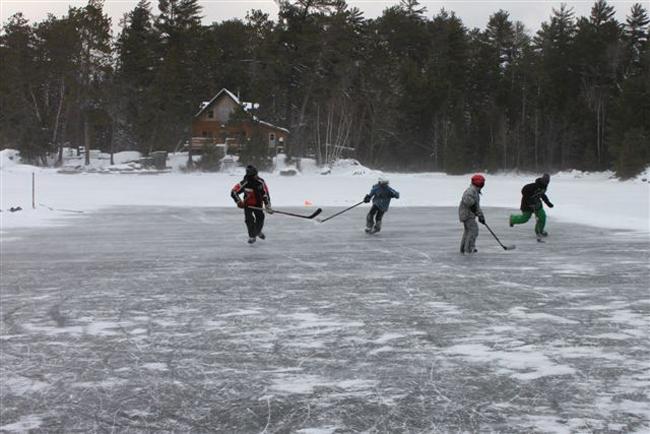Exercise counters FASD effects

By Laura Liberty
It’s unfortunate it has taken so long for researchers to recognize that physical exercise may be one answer to disruptive behaviour in the classroom.
Brian Christie, a neuroscientist from University of Victoria, was one of the first researchers to discover that exercise promotes the birth of brains cells in the hippocampus, an area of the brain involved with learning and memory.
He studies the mechanisms of how exercise can help reduce the effects of various ailments on many diseases and, most recently, Fetal Alcohol Spectrum Disorder. In 2009 Christie published a paper describing how brain damage in rats with FASD can be completely reversed through exercise – results he calls “pretty darned exciting.”
Christie found that if he exposed the rats with FASD to exercise, their indicators would improve to the point of being indistinguishable from other rats. The exciting thing about this experiment was the use of adult rats which shows it is never too late to benefit from the physiological effects of exercise.
He stresses that such dramatic results are not likely in humans, because of the complexity of their brains, but he still strongly recommends that physical activity be a prescribed modality for children affected by FASD. Christie believes that exercise may be able to elevate cognitive functioning in a child who has FASD to the level of a child who does not..
Further studies indicate the need for youth with disabilities to participate in physical activities.
Some 60% of disabled youth report that they seldom or never play games with friends in their free time.
A 2009 Active Healthy Kids Report Card on physical activity for children of youth states that children with disabilities are not only missing out on receiving the health benefits of being physically active; they are also missing out on the cognitive benefits. Lack of social skills, coordination, and impulse control are all factors that may affect a child diagnosed with FASD.
Teachers can reverse this trend of non-participation by children with FASD by incorporating basic exercises and movement to music in gym class and in the classroom.


